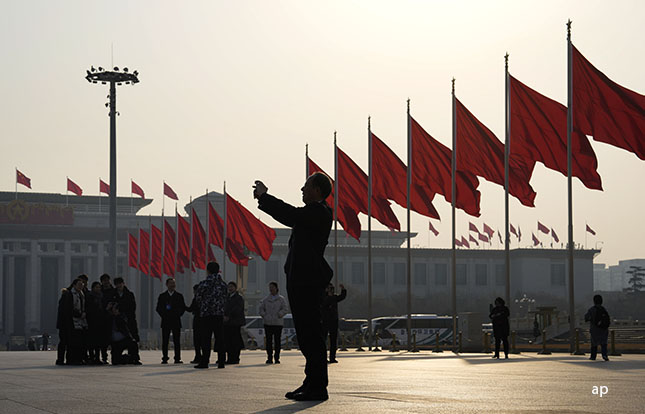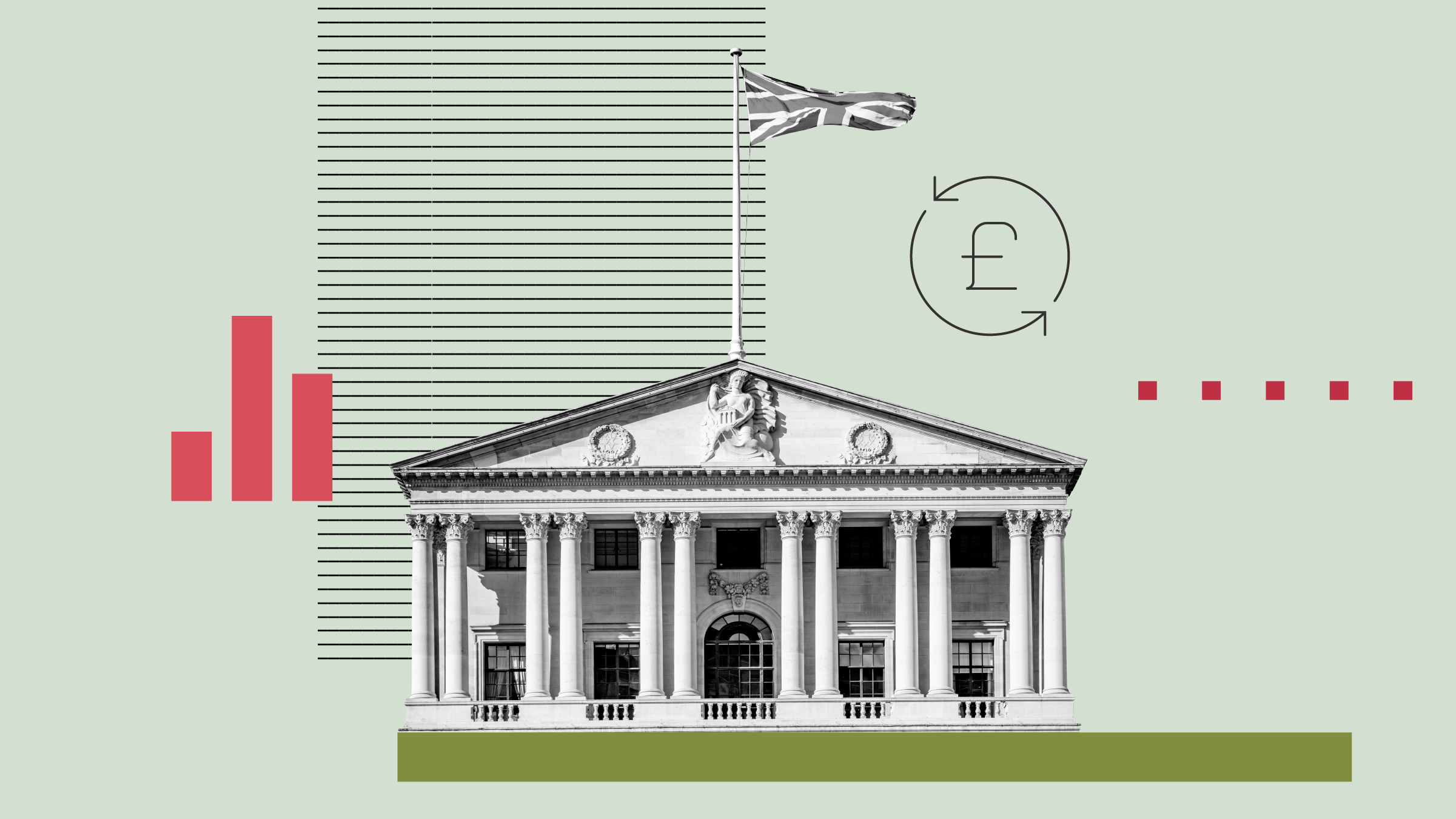
International investors continue to steer clear of the Chinese stock market. For more than three years, the Chinese stock market has largely underperformed global financial markets, including those of other emerging markets.
As a result, Chinese stocks are trading at cheap valuations not seen in about a decade. According to CEIC data, the Shanghai Stock Exchange's price-to-earnings ratio is at its lowest since late 2014. In addition, according to Morningstar's Global Market Barometer, Chinese equities are currently undervalued by 31% relative to the fair value of stocks covered by Morningstar's analysts.
Why Chinese Stocks Underperform
"Chinese stocks have been trading at attractive valuations for a while now, but valuation alone has not been a sufficient reason for investors to get back into Chinese stocks despite, on an aggregate level, strong earnings growth," said Wenli Zheng, manager of the T. Rowe Price China Evolution Equity Fund, in an interview with Morningstar.
"There is greater uncertainty which is eroding investors’ confidence. Domestic investors are increasingly cautious, after experiencing a decline in their wealth via falling property prices and stock market weakness many people are keeping their money in bank deposits," Zheng continues. "We think investors are waiting for a stabilisation of the economy and greater clarity on government policies before they are drawn back to a cheap market where many companies continue to deliver relatively high levels of earnings growth."
"After three years of a bear market, no one believes in China anymore", James Cook, head of the Federated Hermes China Equity Fund strategy, told Morningstar in an interview. The Federated Hermes manager, however, points to the recent increase in dividends and buybacks as a factor that could drive the recovery. "Not only do these provide strong valuation support but they also make a compelling case for equity investment in a rate-cut environment. It’s worth bearing in mind that while other countries are facing inflation, China is witnessing deflation," Cook says.
The Economic Developments Holding Chinese Equities Back
The world's second largest economy is still struggling to rebound after a Covid-era drubbing and its aftermath. Despite government-implemented stimulus to revive domestic demand, China's Q2 gross domestic product posted a modest 0.7% increase from the previous quarter, when market expectations pointed to growth of at least 1.1%. Trend GDP growth thus plummeted to 4.7%, which compares with 5.1% in the consensus.
According to Jian Shi Cortesi, investment director Asia/China growth equities at GAM, the crisis in the real estate sector triggered by the Evergrande default has had a huge impact in this regard. "However," Cortesi writes in a note published on September 2, "it is important to differentiate the current situation from the 2008 U.S. financial crisis. China's banking system has shown resilience, and challenges have been mainly concentrated among developers rather than stemming from mortgage defaults."
In the future, however, there will be other sectors that could have a positive impact on GDP. "We have identified a multifaceted change in China's GDP growth for 2024," Cortesi says. "Digitization emerges as a key force, which is expected to strengthen GDP by about 3.3%. The shift to green energy sources, including solar power, wind power and electric vehicles, is expected to yield an additional 1.7%. Meanwhile, consumer spending, particularly in travel and restaurants, is expected to contribute 0.4%. By contrast, real estate and related industries are currently exerting a 1.4% drag on GDP growth."
China in Transition, Not in Decline
"China is going through a prolonged downcycle and the current outlook remains uncertain," according to Federated Hermes's Cook. "The risks are well known: slowing growth, continuing tensions with the United States, low consumer confidence caused, in turn, by the weak property market, anemic private sector investment, and rising local government debt. So far, the government's response has been half-hearted. However, we think the country is in a phase of necessary transition rather than a long-term decline," the manager continues.
"This change in the economic mix should in turn lead to better returns for businesses. We remain optimistic that China can successfully transform its economy, although it will take time and will never be painless" says Cook, adding that "the widespread pessimism about China's economy and markets seems excessive."
“The government has announced several stimulus measures, but none have been as effective as expected yet”, Theresa Zhou, manager of the Fidelity Sustainable China A Shares Fund, told Morningstar last week. “This shows a reluctance of the government to aggressive stimulus, but rather their focus is on incremental policies and economic transformation. This has badly affected market sentiment.”
Beijing's goal is clear: to jumpstart the transition from "growth at all costs" to "high-quality growth." To achieve this, the government aims to shift economic growth away from traditional low-yielding sectors, such as infrastructure and real estate, and toward consumption and high-tech and high value-added industries.
“Policymakers ramped up supportive policies for this struggling market, but these policies are not intended to kickstart a renewed acceleration of economic growth. Instead, the aim is to engineer a stabilization in property to facilitate an ongoing, multi-year transition into a new growth model driven by consumption and high-end manufacturing”, according to Zhou.
Contrarian Bet Or Value Trap?
And it is here that the market is divided between those who think the Chinese market is too good a contrarian opportunity to pass up and those who see it only as a value trap.
If a good chunk of international traders think China is “uninvestable”, there may be good reasons. Global investment flows seem to support this, with as much as USD 17.1 billion taken out of China's open-ended equity funds by investors worldwide over the past 12 months, including funds exposed to A-Shares.
But not everyone shares this view.
"We believe Chinese equities are attractive in the medium term and that rather than trying to time the market investors should use fundamentals and valuations as a guidebook," T. Rowe Price's Zheng says.
"China’s market is enormous and enormously diverse. There is a huge divergence of valuations and growth prospects across different industries. Many companies are doing well and trade at attractive valuations. The deleverage process, while painful, is cyclical in nature and there is scope for strong performance once the economy stabilises."
Fundamentals Are Key
Fidelity’s Zhou “would recommend investors to focus on bottom-up opportunities in high-quality stocks with strong fundamentals that have been affected by the indiscriminate sell-off.”
"We are happy to hold companies that we assess to be mispriced and will patiently wait, often collecting a dividend while we do," Federated Hermes's Cook says. "At present, there is no shortage of such companies in China. While China continues to face headwinds, the current risk and reward trade-off remains a very attractive proposition for investors."
"Overall," Cook continues, "we believe that Chinese equities represent a fertile hunting ground for contrarian investors and – in light of the remarkably attractive valuations on offer – we are optimistic that investors should enjoy pleasing prospective performance over any reasonable long-term horizon."
Where to Find Opportunities Among Chinese Stocks
But in what sectors are the most attractive opportunities for investors in China today? "We continue to find companies offering strong growth regardless of the economic environment, for example online music, shopping mall operators, online recruitment," Zheng says.
"Another theme which we’ve tilted the portfolio towards recently is finding companies that are well placed to capture growth opportunities arising from cyclical upturns in their industries, or from supply constraints or new product cycles, making them less dependent on the wider economy," Zheng continues. "For example, the shipbuilding industry has gone through multi-years of supply reduction, so the survivors are benefiting from a surge in demand. Some of the shipbuilders we own have their shipyards filled with orders until 2027."
“Under-penetrated consumer industries, like sportswear and cosmetics, are set for long-term expansion, driven by rising domestic brands and increasingly sophisticated shoppers,” per Zhou. “Despite macro headwind, stable growth sectors such as gaming, education, and experience-based consumption like travel are still prospering”, she continues.
Cook, on the other hand, believes that "exporters that are globally competitive and domestic-focused companies in more consolidated industry with stronger pricing discipline are better positioned in the current environment." Currently, he explains, "we have no banks or property developers in our portfolio, and many of our holdings have substantial and growing businesses outside of China that help mitigate against currency risk. Instead of owning direct property plays, we currently own other proxy companies that provide cyclical macro exposure – such as, cement stocks."






























